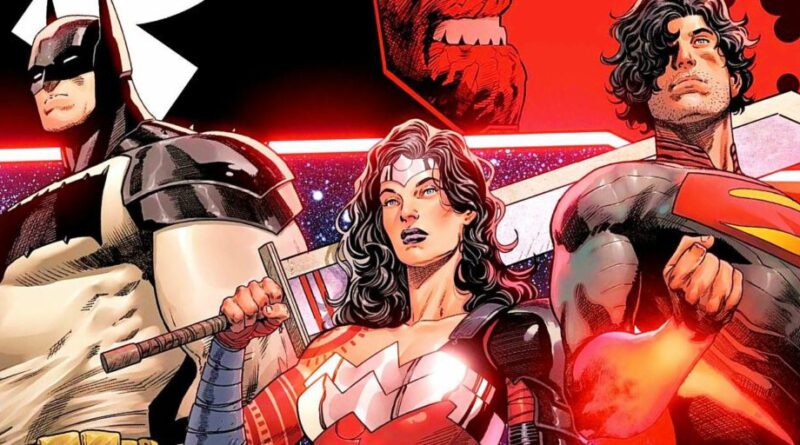Every Absolute DC Comic Ranked
Does a world born from evil deserve to be saved? DC asks this of the Absolute Universe, a world made by Darkseid to punish our classic heroes by taking their advantages away. With harsher, darker heroes made out of a darker, harsher world, each title develops a different corner. One year into the Absolute line and they’ve begun to come into their own. Having caught up on all of them, I’ve decided to pit them against each other. This list is for interested fans looking for a place to start as well as current ones looking for a hot take. My ranking prioritizes overall series quality but also values how “Absolute” each title is—how radical the reinvention. Join me, in ascending order, as we rank every Absolute comic.
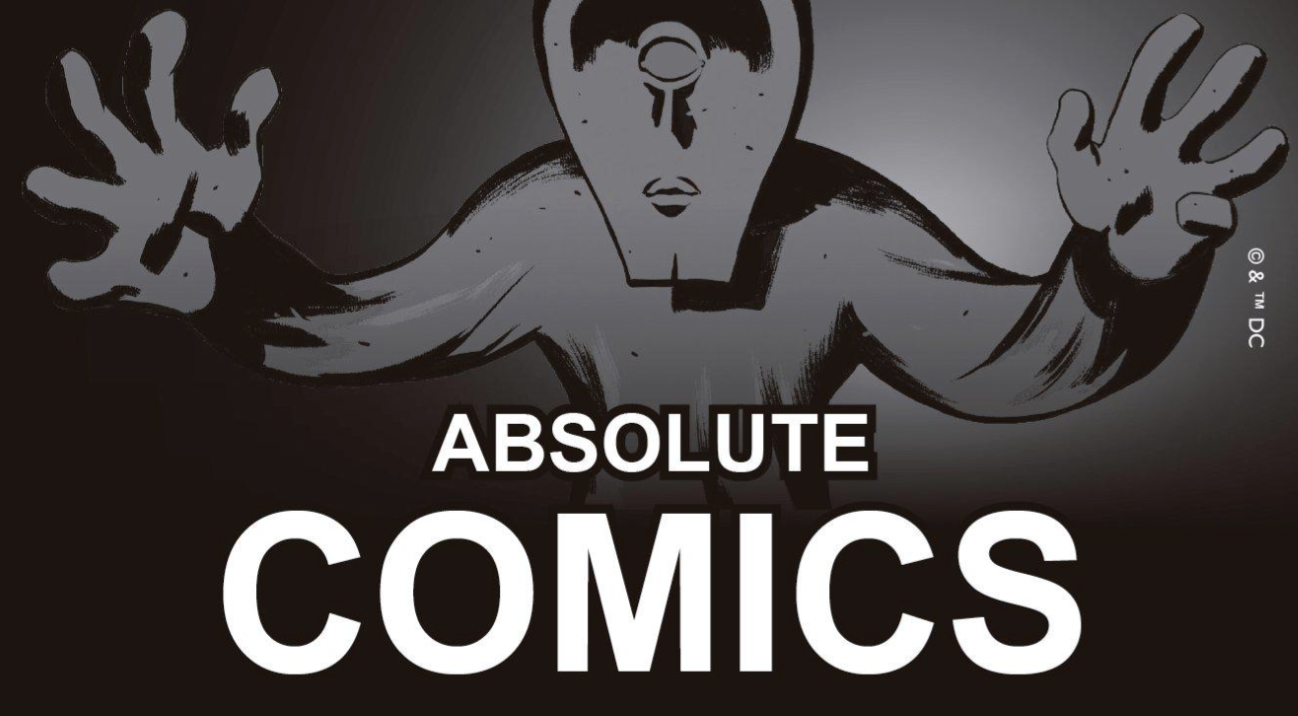
6. Absolute Green Lantern by Al Ewing and Jahnoy Lindsay
The Absolute universe’s moral arc bends toward injustice, and across the books, injustice takes the form of corrupt governments and corporate superpowers that control the status quo, so it makes sense that this book shatters the “space cop” persona Green Lantern has always had. Al Ewing is one of my favorite contemporary writers. His work at Marvel, especially his X-Men: Red and Immortal Hulk series, are modern classics, but Absolute GL has been a massive disappointment thus far. Currently at seven issues, the first arc is a combination of fascinating sci-fi mysticism and moments of explosive action, but also flat characters and weak emotional conflicts.
After an alien named Abin Sur comes to the town of Evergreen, its inhabitants begin to disappear, gain powers, and face cosmic forces beyond their reckoning. It’s rich with intrigue, but little else. The art by Jahnoy Lindsay has a smoothed, Webtoon-like quality to it that suits the series’s action spectacle but lets down its emotional moments. But that’s not entirely an art problem. The story lacks the instant connection to its cast that other Absolute books were able to establish early on. Character development is losing the war for page space to Al Ewing’s focus on this book’s true strength: world-building. Ewing’s choice to reimagine DC’s emotional light promises great potential later down the line but proved a disappointing resolution to the first arc. If you’re looking for a cosmic horror take on GL, this is for you, but for me, it’s at the bottom of the list.
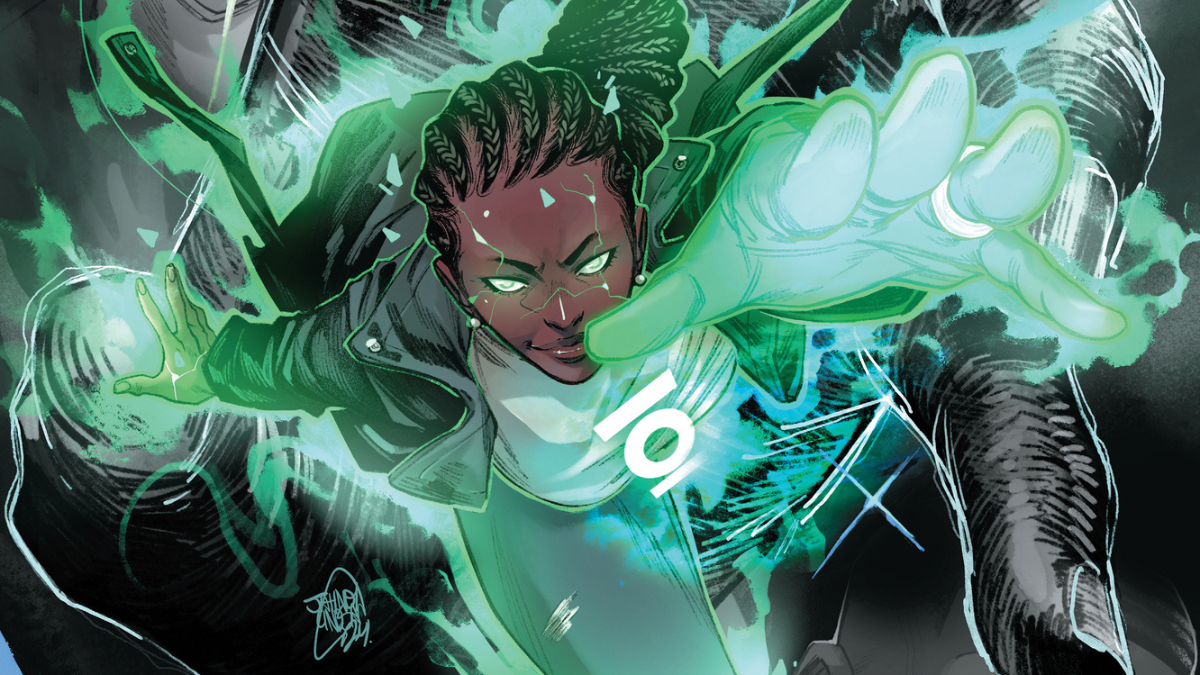
5. Absolute Flash by Jeff Lemire and Nick Robles
What the Absolute Universe takes away from the Flash is a mentor to teach him how to be a hero. A coming of age tale, Absolute Flash sees 15-year-old Wally West on the run from the government after the top secret Project Olympus results in him gaining super speed. Overall, this isn’t a major departure from the Flash we know, and the book does a great job of making you care about Wally and his supporting cast. A shy, lonely kid, he becomes attached to the kindly scientist Barry Allen, who contrasts his cold military father, Rudy. He and Barry’s bond, however briefly we get to see it, successfully haunts the narrative going forward.
Absolute Flash has the best cast in the whole line. The Rogues, the classic team of Flash villains, operate less as antagonists and more as supporting cast members, which brings to mind their status as friendly foes of the main Flash. Another element I love is how Rudy and Barry are juxtaposed in the beginning, but as the series carries on, Rudy opens up and Barry is cast in a more sinister light as his involvement in Project Olympus is revealed. Smartly, it all comes back to Wally.
What keeps this series low on the list is how very familiar it is. It’s got good fundamentals, and it’s a great place to start for a new fan, but it offers little surprises. The swings it’s taking are nowhere near as radical as what we’ll discuss next.
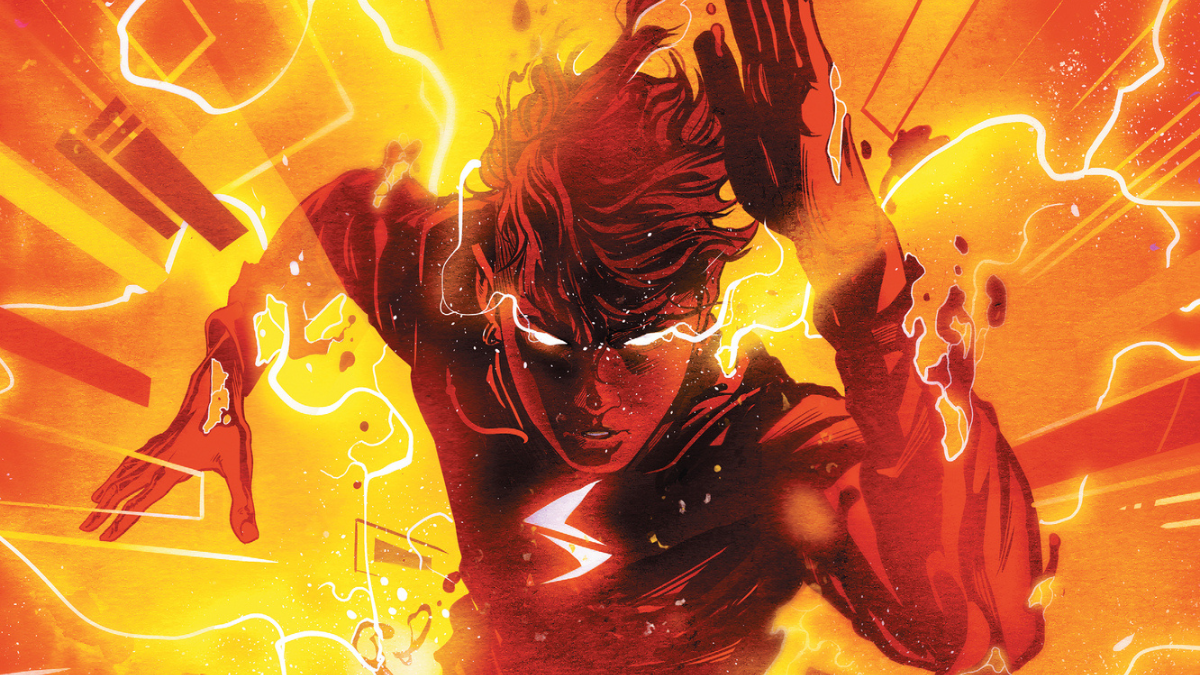
4. Absolute Wonder Woman by Kelly Thompson, Hayden Sherman
Absolute Wonder Woman simultaneously offers a refreshing take on the character while keeping core elements the same. Raised in Hell instead of Paradise Island, Diana learns the art of witchcraft to take on an Olympian conspiracy that keeps her from her Amazon sisters. Leaning full tilt into fantasy, I appreciated how magical this Diana is. She’s slinging potions and spells in all her battles, but she’s not afraid to throw down, either. When it comes to her character…she sure is Wonder Woman. Unlike the others, her personality feels virtually unchanged from her main universe counterpart, which proved to be my main struggle with the book—because it sure as hell wasn’t the art.
Hayden Sherman’s pencils, as well as panel layouts and character designs, make turning the page a delight. The soft forms and heavy blacks bring to mind the art of Hellboy by Mike Mignola, a perfect match for this version of Diana. Jordie Bellaire’s colors give this world an appropriate pallor but still bring vibrance to it, showcasing the life that Diana is protecting.
Unfortunately, Absolute WW has the worst supporting cast of the line. Sidelined and underdeveloped 12 issues in, Steve Trevor and the gang feel more like Diana’s entourage than serious players. That extends to her villains as well. She’s more often tangling with Greek gods than her rogues gallery, which is to the taste of some, but it fell flat for me. It ranks higher than Flash simply because a take that puts Diana first is exactly what Wonder Woman needs right now.
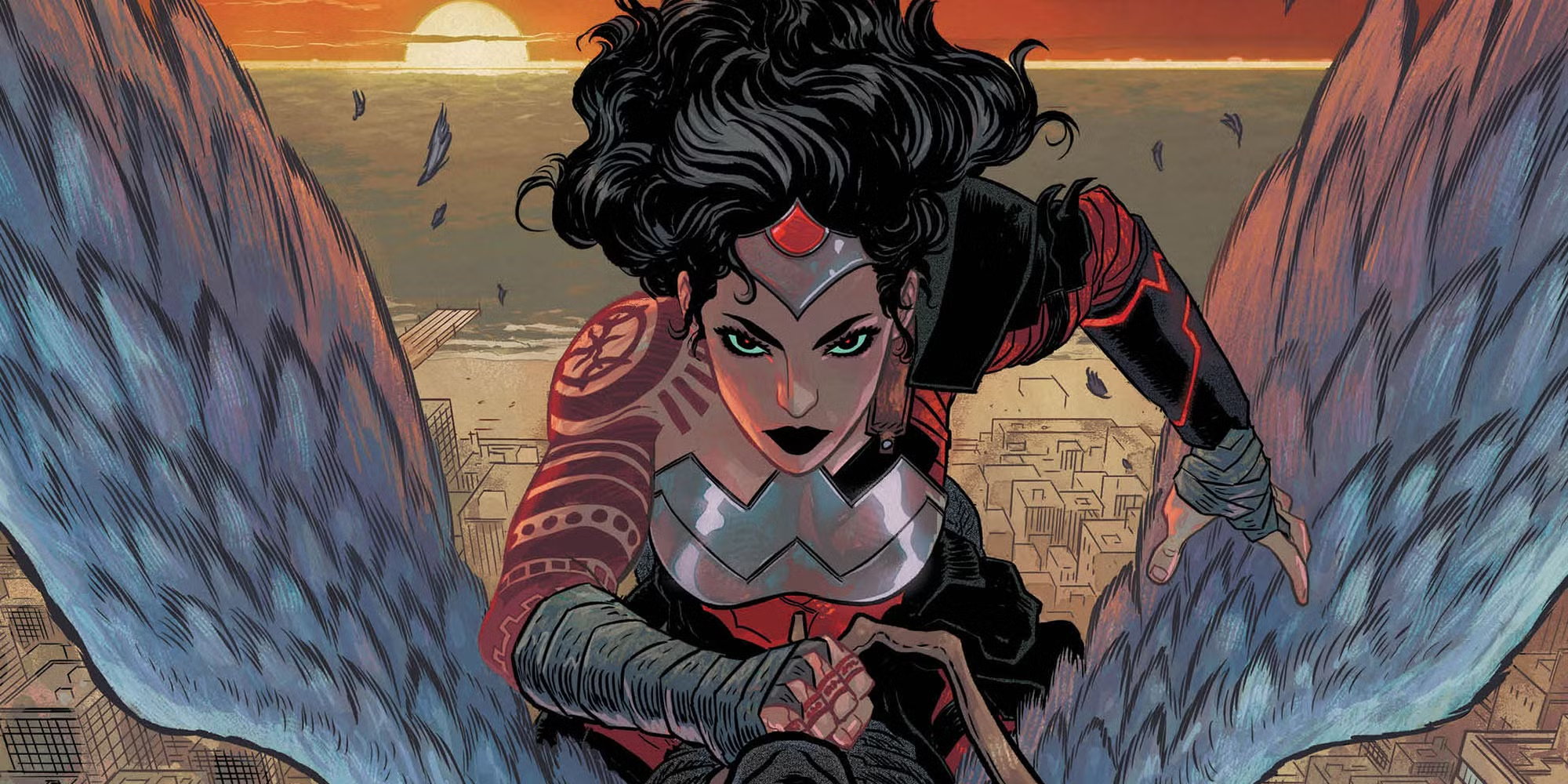
3. Absolute Superman by Jason Aaron, Rafa Sandoval
Born and raised on Krypton to see its destruction, Kal-El defends the oppressed of Earth from the Lazarus corporation, run by Ra’s Al Ghul. Grieving his lost planet, Kal is an open, molten wound. The backstory of Krypton, imagined as a beautifully harsh planet ruled by a strictly classist society, is given just as much time as Kal’s fight against Lazarus. Without that, the angst that Jason Aaron focuses on in Superman would ring hollow, and instead, it’s the most emotionally resonant conflict in any Absolute book. This is a world that makes even Superman question if it can be saved.
The main flaw of this book is its main villain, Ra’s Al Ghul. Ra’s was, and continues to be, a bewildering pick for this series, as he’s typically a Batman villain. He’s distractingly not Lex Luthor. Absolute Brainiac, however, has the juice. My favorite Absolute character, he and Kal’s origins are delivered back to back in issues #6 and #7, my favorite Absolute issues. The series’ main artist is Rafa Sandoval, who delivers crisp, clean work, but these issues were done by Carmine di Giandemenico, whose gritty pencils sell Kal’s pain and Brainiac’s terror. Until Ra’s is dealt with, however, Absolute Superman remains third best.
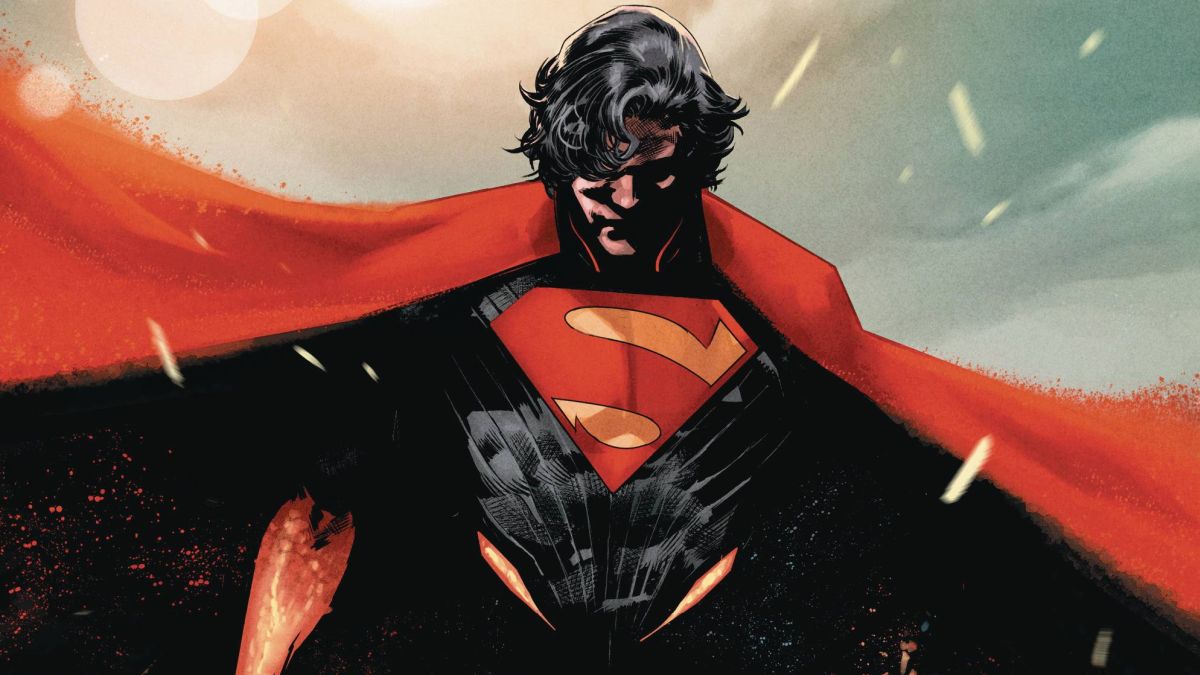
2. Absolute Batman by Scott Snyder, Nick Dragotta
The poster boy for the Absolute Universe, big beefy Batman delivers one of its best titles. I covered the first issue when it came out, and I’m still just as positive about the series. In the intervening year, it’s only grown darker, more intense, and more Batman. Its second arc, “Abomination,” goes full horror, crafting some of the most shocking versions of DC villains I’ve ever read. The introduction of Absolute Bane sees Batman and his supporting cast horrifically beaten and tortured until they are no longer recognizable, and the reader isn’t spared. Every turn of the page brings a new terror, and sporting narrative momentum that won’t slow down anytime soon, it’s a non-stop nightmare that’s only gaining speed.
Out of all the Absolute titles, this exemplifies the line’s mission statement best: never has Batman had to be more Batman. Just look at his opposition! Scott Snyder’s horror chops combined with Nick Dragotta’s lethal pencils make for the most dangerous comic on the stands.
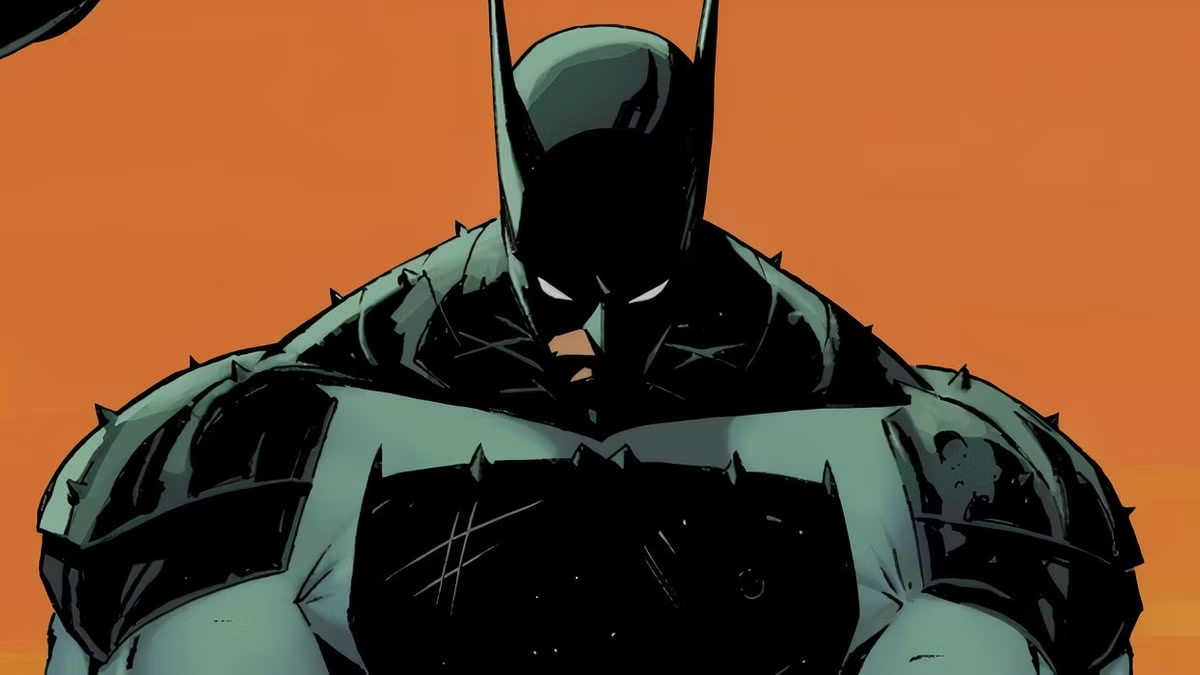
1. Absolute Martian Manhunter by Deniz Camp and Javier Rodriguez
Absolute Martian Manhunter isn’t just the best Absolute title, it might be the best comic book of the decade. The genius duo of Deniz Camp and Javier Rodriguez come together to form one of the most visually stunning, soul affirming superhero tales I’ve read in a long time. After FBI agent John Jones is bonded to a telepathic alien only called “The Martian,” he must reckon with the endless thoughts and feelings of others. Together, they battle the White Martian, an evil thought entity that turns society against itself by exploiting the biases and fears in humans.
Speaking in metaphors and shapes, this comic stunningly renders the battle of empathy vs apathy in rainbow psychedelia. By far the most radical departure from the main universe, it sticks the landing by pushing the boundaries of the comics medium, and above all else, speaking to the human—or Martian—condition.
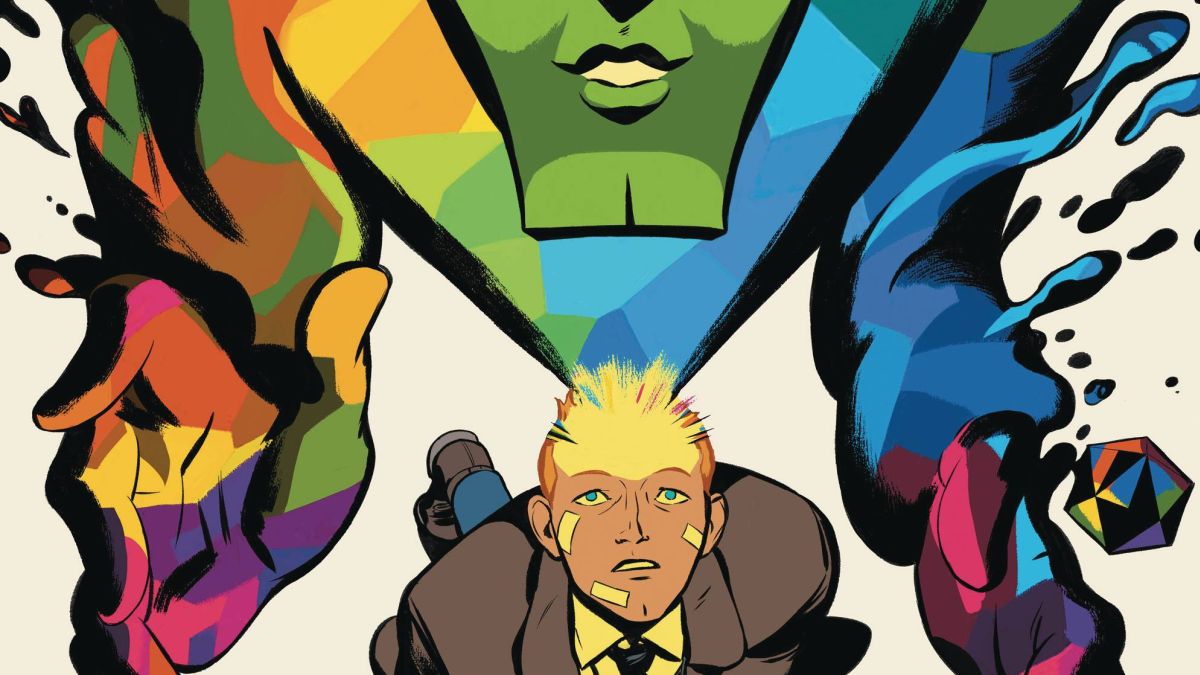
While I was harsh on some titles, I believe that DC’s Absolute Universe is high quality across the board. These are some of the most interesting, thought-provoking takes we’ve seen on these classic, beloved characters. Visit your local comic book shop to get your hands on this stuff, because people are catching on. Ultimately, this was just one pedantic comic book fan’s opinion. No one’s authority is…absolute.

